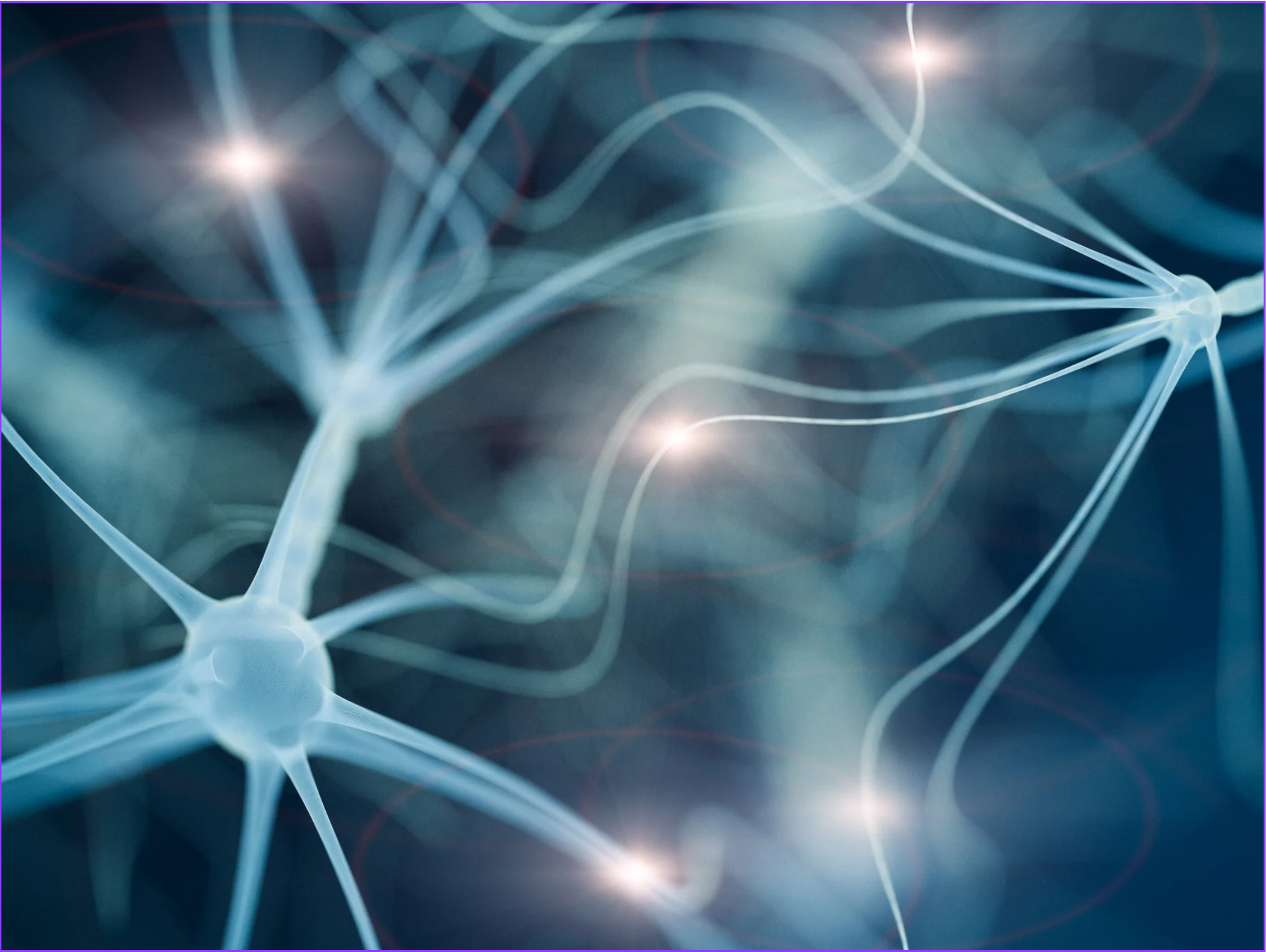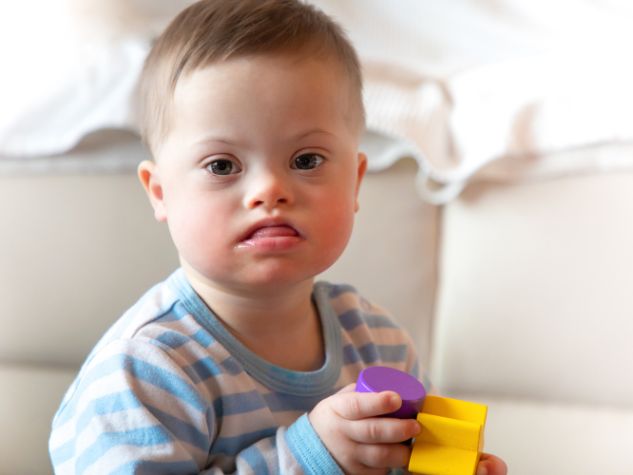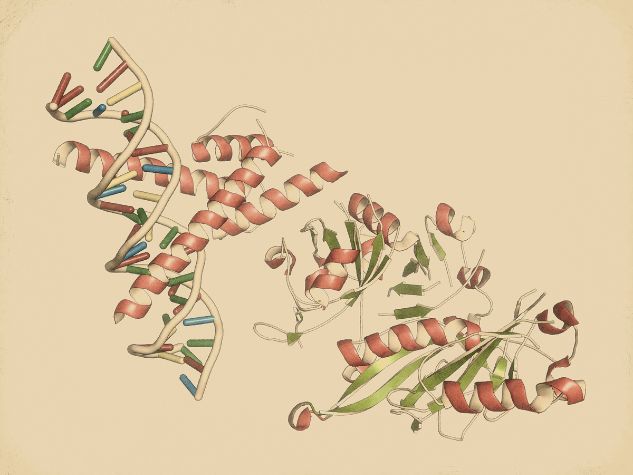Mental Health in Children with Down Syndrome
What is Mental Health?
Mental health encompasses our emotional, psychological, and social well-being. It affects how we think, feel, and act, influencing our relationships and how we handle stress. When mental health deteriorates, mental disorders or psychopathologies can arise. Mental illnesses are conditions that impact our thoughts, feelings, moods, and behavior. They can be occasional or chronic and affect our ability to relate to others and function daily.
Mental Health in People with Down Syndrome
People with Down syndrome constitute a special population due to their unique physical and neurological characteristics. It is essential to monitor both their physical and mental health. Below are some of the most relevant aspects:
Physical and Brain Characteristics
People with Down syndrome typically have a brain with certain particularities, such as a smaller corpus callosum, leading to reduced interhemispheric communication, smaller cerebral hemispheres, fewer convolutions, and a cortex with fewer neurons and connections. These characteristics can lead to alterations in attention, memory, cognitive function, and learning. Additionally, they have a smaller cerebellum and hippocampus, affecting their ability to memorize and learn.
Psychological and Cognitive Evaluation
Besides the physical aspects, other psychological aspects must be evaluated:
- Learning capacity
- Attention span
- Memory alterations
Communication Evaluation
- Receptive and expressive language
- Presence of autistic traits: Children with Down syndrome and autistic traits have a higher probability of severe intellectual disability and maladaptive behaviors.
- Rigid and inflexible behaviors
- Parenting style evaluation: Encourage autonomy and set clear expectations.
- Difficulties in identity formation
Social Evaluation
Vulnerability to Environmental Changes
- Changes in family dynamics: Siblings leaving home, changes in caregivers, active psychopathology in parents, grief from the loss of a close family member.
- Changes in the school environment: Changing schools, transitions between school levels, distancing from familiar teachers and peers.
Common Mental Health Disorders in Children with Down Syndrome
Prepubescent Disorders
Between 18% and 38% of children with Down syndrome present a neuropsychiatric disorder, commonly externalizing:
- Mixed attention deficit: 6-8%
- Oppositional defiant disorder: 10-15%
- Autistic traits: 5-15%
Adolescent Disorders
During adolescence, the emergence of secondary sexual characteristics and a reorganization of identity patterns are observed. Adolescents with Down syndrome often reduce their level of hyperactivity and improve their ability to concentrate but may increase internalizing symptoms such as isolation, lack of motivation, and anxiety. Mood and obsessive-compulsive disorders are common during this stage.
Mood Disorders
Around 20% of patients with Down syndrome experience mood disorders at some point. Symptoms include low mood, reduced interest, intense social withdrawal, psychomotor slowing, changes in appetite and sleep, decreased speech, increased soliloquies, feelings of worthlessness or guilt, agitation, and anxiety.
Factors to consider: Psychosocial stressors: Awareness of difference and chronic illnesses, lack of social acceptance among peers, sudden change or loss of interpersonal relationships.
Factors to rule out: conditions: Obstructive sleep apnea, hypothyroidism, sensory alterations.
Obsessive-Compulsive Disorder (OCD)
It is important to detect the presence of obsessive symptoms in individuals with cognitive deficits and limited language. Compulsive behaviors can include:
- Rigorous order of personal items
- Opening and closing doors, cabinets, and blinds
- Turning lights on and off
- Collecting objects
- Repetitive behaviors like making lists or frequently asking the same questions
- Excessive personal hygiene
Factors to consider: These behaviors can be accompanied by low mood, anxiety, and changes in socialization. Consider also sudden and unexpected changes at home or school, grief, worsening medical conditions or hospitalizations, and traumatic events.
Factors to rule out: In the case of sudden onset, suspect PANS (Pediatric Acute-onset Neuropsychiatric Syndrome associated with infections).
Regression of Unknown Origin
Regression in social skills and daily activities is rare but significant. Evaluating medical factors, individual, family, and school stressors is crucial. Regression can be accompanied by internalizing symptoms and changes in attention capacity.
Promoting language and communication development, fostering autonomy and integration into peer groups, and maintaining regular routines and protective emotional bonds are key to preventing mental health symptoms. Consulting a mental health specialist when behavioral changes interfere with usual functioning is essential. Pharmacological and therapeutic strategies can be considered.
Comprehensive attention to the mental health of children with Down syndrome is essential for their overall well-being. A multidisciplinary approach that encompasses physical, cognitive, and social aspects is necessary to provide adequate support to this population. Providing a safe, consistent, and loving environment, along with appropriate professional support, can make a significant difference in the quality of life for these children and their families.
















